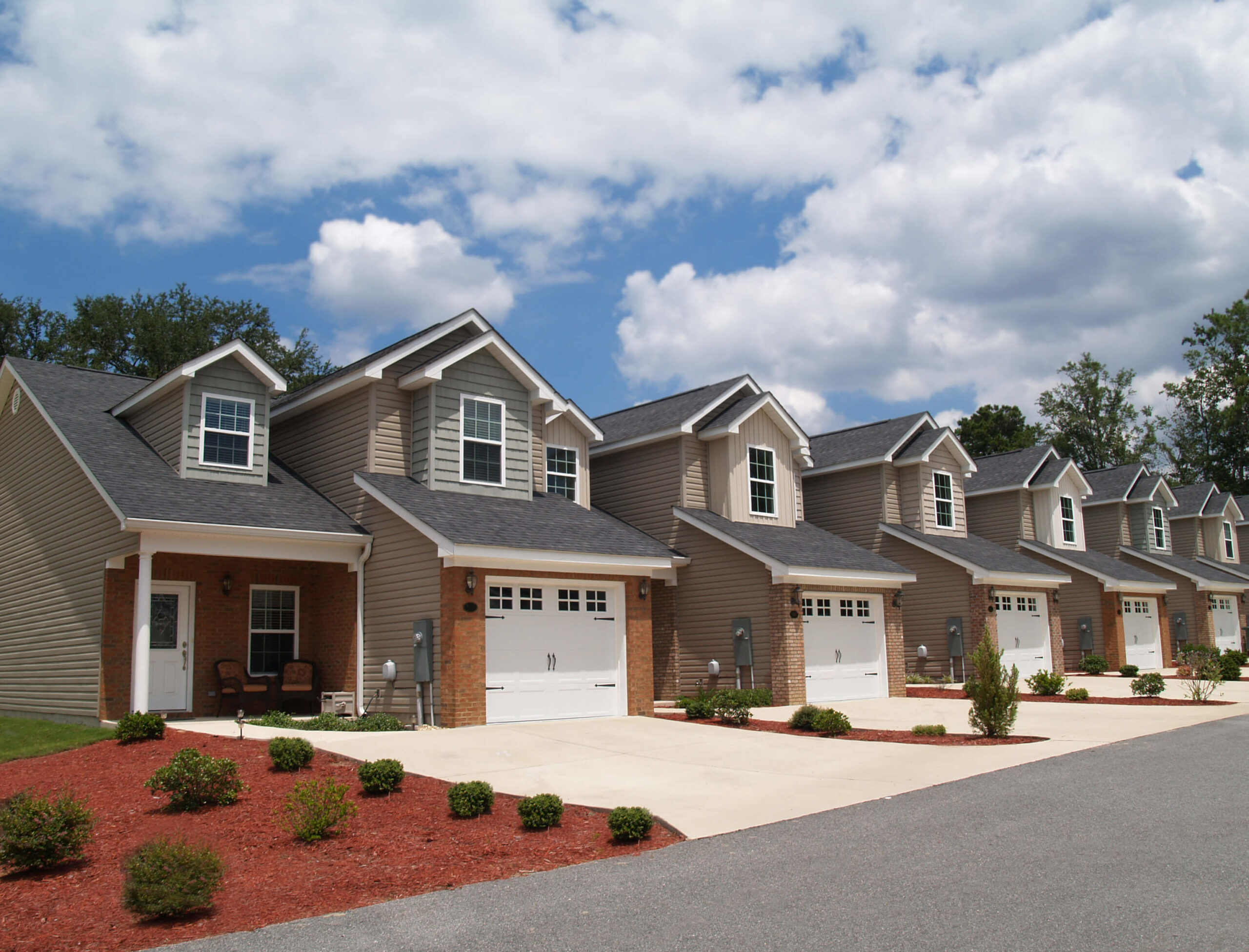HOA Accounting: Best Practices for Financial Success

Introduction
Homeowners’ Associations (HOAs) play a vital role in managing residential communities, but maintaining financial transparency and stability is crucial for their success. HOA accounting ensures that funds are managed responsibly, dues are allocated effectively, and members remain confident in the association’s leadership.
What Is HOA Accounting?
HOA accounting refers to the financial management practices used by Homeowners’ Associations to track income, expenses, and reserve funds. HOAs typically collect dues from residents, which fund community services, maintenance, and reserve accounts for long-term projects. Proper accounting ensures compliance with legal requirements, transparency for homeowners, and the financial health of the association.
Key Components of HOA Accounting
- Budgeting
A well-prepared budget outlines anticipated income and expenses for the year. HOAs must account for both routine costs (e.g., landscaping, utilities) and unexpected repairs or emergencies. - Income Tracking
HOAs primarily generate income from homeowner dues, fines, and occasionally, rental income from community spaces. Accurate tracking ensures funds are collected and recorded correctly. - Expense Management
Common expenses include maintenance, insurance, utilities, and professional services (e.g., legal or management fees). Documenting these expenditures helps maintain accountability. - Reserves
Reserve funds cover major repairs or replacements, such as roof repairs, road repaving, or pool renovations. Proper reserve planning ensures the association avoids financial shortfalls. - Financial Reporting
HOAs are often required to present financial statements to board members and homeowners. These reports should include a balance sheet, income statement, and reserve fund analysis.
Common Challenges in HOA Accounting
- Inconsistent Dues Collection
Late or missed payments can disrupt the HOA’s cash flow. Implementing an automated payment system can help minimize this issue. - Non-Compliance with Regulations
HOAs must adhere to local and state laws, which often include financial reporting and reserve requirements. Non-compliance can lead to fines and legal issues. - Lack of Expertise
Many HOA board members lack accounting experience, which can lead to errors or inefficiencies. Working with a professional accountant or management company can address this gap. - Mismanagement of Funds
Poor record-keeping or unauthorized spending can erode trust among homeowners. Implementing checks and balances, such as requiring dual signatures for large expenditures, helps prevent misuse.
Best Practices for HOA Accounting
- Use Accounting Software
Tools like ManageCasa, AppFolio and quickbooks to simplify financial tracking, reporting, and compliance. These platforms also offer features like automated dues collection and real-time reporting. - Separate Operating and Reserve Accounts
Keeping these accounts separate ensures funds are used appropriately and makes financial reporting more straightforward. - Conduct Regular Audits
Annual audits or reviews by an independent accountant increase transparency and identify potential issues before they escalate. - Establish a Collections Policy
A clear policy for collecting overdue dues, including late fees or payment plans, ensures consistent cash flow while maintaining fairness to residents. - Maintain Accurate Records
Store all financial documents, such as receipts, invoices, and contracts, in an organized system for easy access during audits or disputes.
How to Choose the Right HOA Accounting Software
Selecting the right software can significantly streamline accounting tasks. Here’s what to look for:
- Ease of Use
Choose software that’s user-friendly for both board members and residents. - Integration Features
The software should integrate with banking systems, payment platforms, and other management tools. - Customizable Reporting
Look for robust reporting features that allow you to create detailed financial statements tailored to your HOA’s needs. - Cost-Effectiveness
Ensure the software fits within your HOA’s budget without compromising on essential features.
The Role of Reserve Studies in HOA Accounting
Reserve studies assess the association’s long-term financial needs by evaluating the condition of major assets and estimating their replacement costs. These studies help HOAs determine appropriate reserve contributions and avoid large, unexpected special assessments. By incorporating reserve study recommendations into the annual budget, HOAs can maintain financial stability and fairness.
The Benefits of Professional HOA Accounting Services
While some HOAs handle accounting in-house, hiring a professional service offers several advantages:
- Expertise: Professional accountants are well-versed in HOA regulations and best practices.
- Time Savings: Outsourcing accounting allows board members to focus on other community priorities.
- Improved Accuracy: Professionals reduce the risk of errors in financial reporting or tax filings.
- Conflict Resolution: Having an unbiased third party manage finances can help mitigate disputes among homeowners.
Conclusion
HOA accounting is more than just crunching numbers—it’s about ensuring the financial health and transparency of the community. By following best practices, investing in the right tools, and seeking professional assistance when needed, HOAs can build trust among homeowners and maintain a thriving, well-managed community. With diligent accounting, your HOA will be well-prepared to meet current needs and future challenges.

